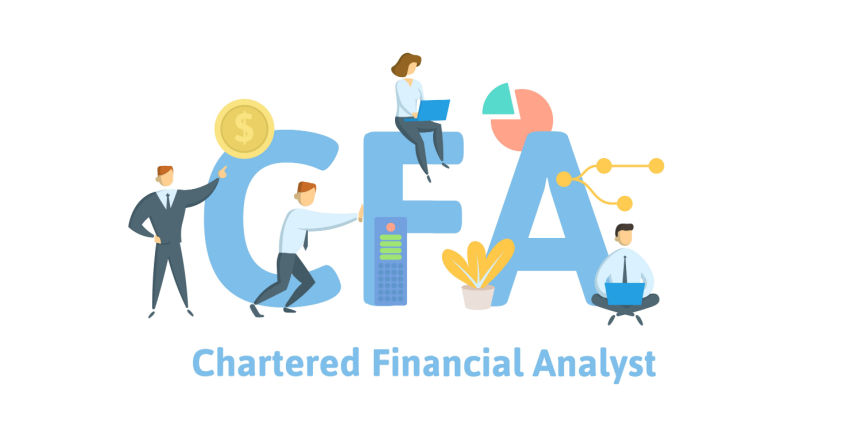+91 92050-84085
Mon-Sat 9am-7pm
A Chartered Financial Analyst (CFA) is a specialized professional who looks after the financial decisions and investment policies of big companies. A Chartered Financial Analyst is a person trained in areas of management accounting, financial management, and investment. Earning a CFA charter demonstrates mastery of a broad range of practical portfolio management and advanced investment analysis skills that will be limelight for one's career. CFAsnis are in great demand in the finance sector, especially banks, financial institutions, insurance companies, and large corporations.

How to Become a Chartered Financial Analyst (CFA)
|
Stream |
Graduation |
After Graduation |
|
|
Path1 |
Clear class XII in Commerce Stream (Recommended) |
Pursue bachelor’s (or equivalent) degree in any field (Preferably Finance) for 3-4 years |
Take the CFA program of 4 years either after completing or during the final year of bachelor’s degree. |
Important Facts
Work Description
A CFA charter holder at the entry level can earn an annual salary of 4 lakhs. Your salary will increase as you grow. With seven to eight years in this field, your average salary can shoot up to 12 lakhs. You can earn over 19 lakhs with more than 10 years of experience under your belt

Excel Modeling Skills
As a CFA charter holder, you’ll be working on a lot of Excel sheets and also the models so it is very important that you have Excel Modeling skills if you don’t then you can always learn by joining any short-term course.
Analytical Skills
Analytical skill is the ability to visualize, articulate, conceptualize or solve both complex and uncomplicated problems by making decisions that are sensible given the available information. Make sure you develop your analytical skills while completing your CFA® Program.
Computer Skills
Apart from knowing Excel, make sure that you can work on a computer with ease. It is quite possible that you may have to learn new software to create portfolios, analyze financial data, see trends, and make forecasts.
Communication Skills
As a CFA charterholders, you’ll be communicating with clients, investors, stockbrokers, and many others. You shall be taking some important decisions which are to be communicated to the concerned people so good communication skills are a must.
Decision Making Skills
If you must’ve read the responsibilities of the CFA Program mentioned above carefully then you will find that decision making is an important part of the CFA Program job profile so make wise decisions and help your organization to grow.
Math Skills
Chartered Financial Analyst® designation uses mathematical skills when estimating the value of financial securities. But as you start with the CFA training, these skills will develop on their own.
Call us at +91 9205084085, Monday - Friday, 9 am - 7 pm


